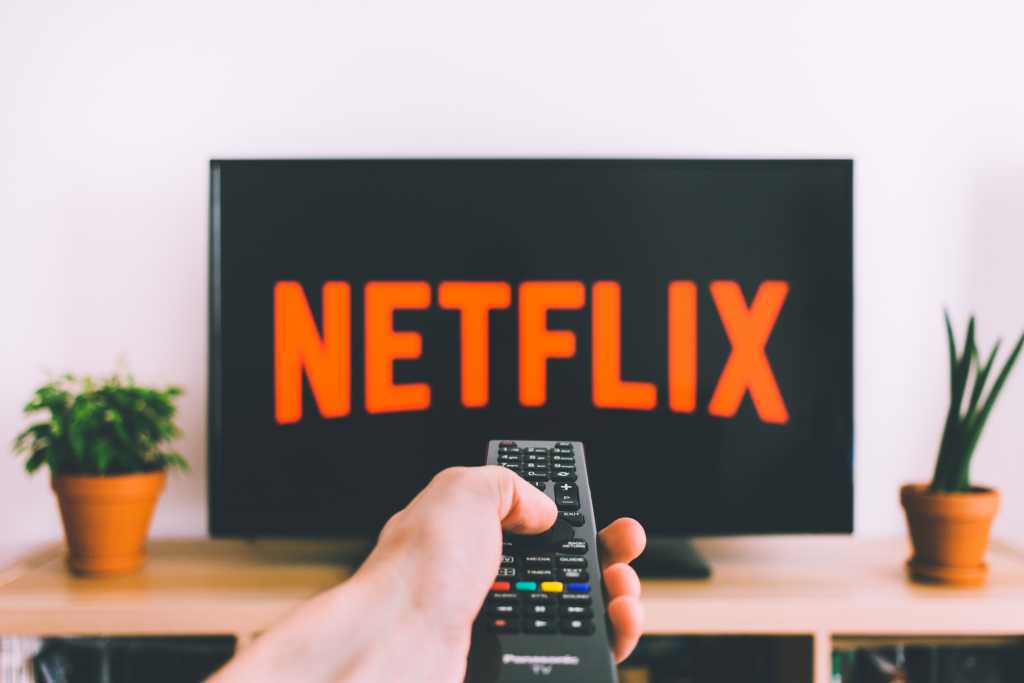UPDATE: Soon after this article was published, Netflix released a statement apologizing for the sexually explicit poster promoting “Cuties.”
Original story below:
Hollywood says it’s all about female empowerment, but it’s got a weird way of showing it.
On Sept. 9, the streaming platform Netflix will debut a new film called “Cuties,” a French movie that follows 11-year-old protagonist Amy, a prepubescent kid hoping to escape her Senegalese family’s deeply conservative roots by joining a “twerking” dance troupe with other underage children.
According to the synopsis, Amy is suddenly made aware of her “burgeoning femininity” and encourages her fellow children “to enthusiastically embrace an increasingly sensual dance routine” as they “hope to twerk their way to stardom.”
Rotten Tomatoes has awarded the movie an 82% “fresh” rating and critics have argued the upcoming film is “a compelling crowd-pleaser” that “heralds an indelible directorial voice” and should be “respected for its audacity.”
It certainly shows the audacity of Hollywood, but not in a way worth respecting.
Tinseltown is increasingly becoming the land of contradictions. For a progressive culture eager to empower girls and women to reach their full potentials — a laudable goal in and of itself — its highfalutin impresarios are working overtime to reduce females to nothing more than the sum of their body parts, objectifying girls before they even hit their teenage years.
Some critics have suggested “Cuties” is actually a form of commentary about “how girls end up becoming over-sexualized at a young age.” But it seems counterintuitive to intentionally sexualize underage girls in an effort to make the case for why the intentional sexualization of underage girls is a bad thing.
In reality, it appears to be a thinly veiled defense of detestable content.
So what’s the deal?
Many have (rightly) rebuked Netflix and “Cuties” creator Maïmouna Doucouré over the movie’s grotesque sexualization of little girls. But still, that begs the question: Why would the entertainment industry continue perpetuating the very objectification culture that has forced 18-year-old pop star Billie Eilish to wear baggy, oversized clothes in order to keep people from ogling her body.
If you dig just past the surface, the root issue is clear: religion.
As the saying goes, all’s fair in love and war. The Hollywood elite seem determined to take from religion any remaining vestiges of moral authority — no matter the price. Even if the principle of innate worth, separate and apart from one’s physical attributes, is a good one, it must be sacrificed if it’s rooted in a biblical understanding of human beings, who are made in the image of God.
In an interview with TheWrap, Doucouré all but confirmed that.
Having grown up in France with traditional parents from Senegal, where the overwhelmingly prominent religion is Islam, Doucouré said she wanted “Cuties” to ponder aloud whether girls should “have the right to choose which women we can be in this world.”
“In our culture, even today, I can say I’m not totally free,” she explained. “Because I love to wear short dresses, and at the same time, when I go to a religious ceremony, I wear a veil. Just choose as a woman: who do you want to be?”
Doucouré is, without a doubt, right to call into question the overly restrictive and sexist treatment endured by girls and women who grow up and live in many Muslim cultures. That message, though, can — and should — be shared without having to normalize female sexualization and objectification at such a young age.
People, whether male or female, are not sexual objects. That truth is made overwhelmingly clear in the biblical narrative. And without that framework of external moral values bestowed by an external moral leader — God — it all crumbles.
As such, Hollywood seems willing to sacrifice human beings’ intrinsic, God-ordained value in exchange for total hedonism.
In the end, we’re left with a topsy-turvy world in which women and men and girls and boys are empowered if they choose to objectify themselves. Like a deceptive snake oil salesman, Hollywood has been peddling this gobbledegook for years. On Netflix alone, you can find an animated series targeted to teenagers that celebrates obsessive masturbation and pornography, a reboot of another teen series that preaches the normalization of transgenderism, and a movie that romanticizes horrific sexual assault.
As our culture comes to grips with the world’s escalating sex and human trafficking pandemic, it all just seems a tad tone deaf. Perhaps now more than ever, parents need to be vigilant about what their children are watching online, because it’s shaping how they view the world and themselves.



